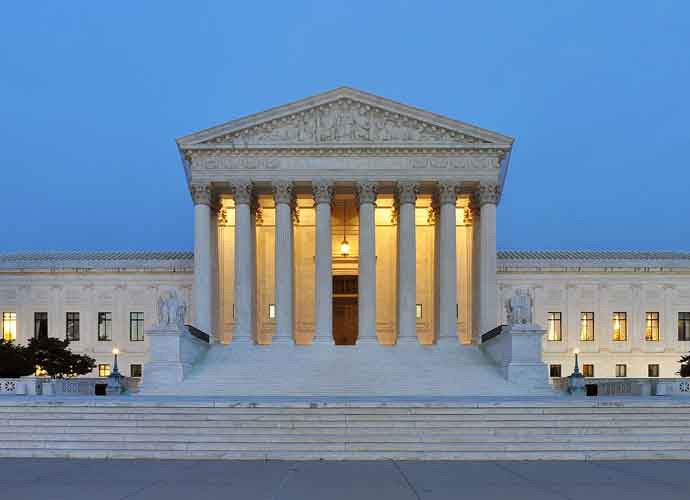Supreme Court Overturns California’s Donor Disclosure Rule
On Thursday, the U.S. Supreme Court overturned California’s mandate that charities must disclose their contributors’ names.
Chief Justice John Roberts noted that donors’ First Amendment rights should be respected and requiring donors’ information might only be relevant for a “small number of cases involving filed complaints.” He went on to call such impositions on so-called “charitable fraud” as a “widespread burden.”
Justice Sonia Sotomayor, who sided with the minority in the case, said that the ruling could, even if unintentionally, encourage more anonymous money into the political sphere.
Subscribe to our free weekly newsletter!
A week of political news in your in-box.
We find the news you need to know, so you don't have to.
The suit against the state law originated with right-wing organizations like the American For Prosperity Foundation and the Thomas More Law Center.
The California rule mandated that non-profit charities that solicit donations disclose the identities of their most substantial donors to the California Attorney General. The information already went to the IRS, specifically on IRS Form 990 with the Schedule B attachment. Failure to comply could lead to a charity’s registration being revoked.
Just in 2020, $1 billion came in through anonymous spending in federal elections, according to a tally from OpenSecrets.
The U.S. Chamber of Commerce wrote in a statement to the court, “Freedom of speech and association deserve the same rigorous protections in the context of elections as they do in other contexts.”
Get the most-revealing celebrity conversations with the uInterview podcast!






Leave a comment